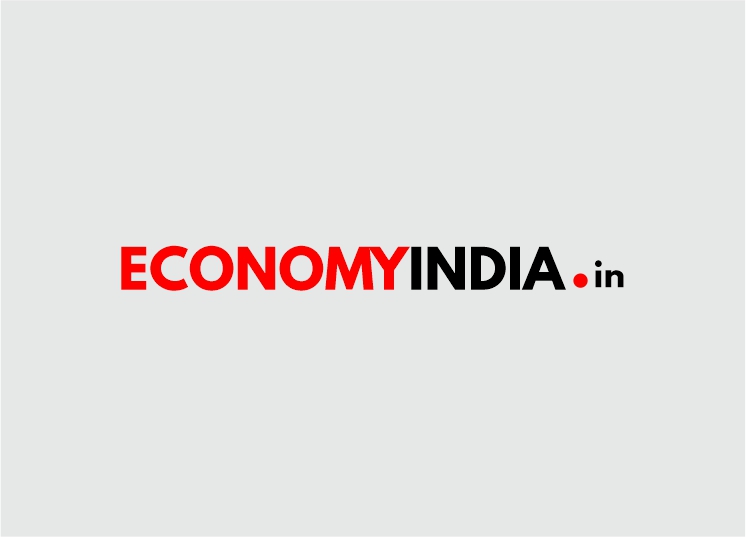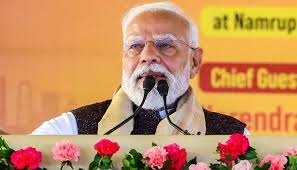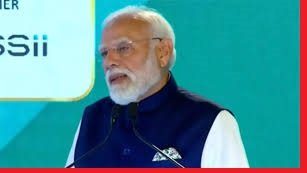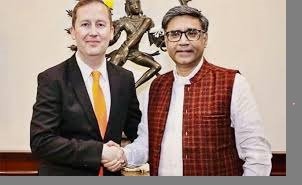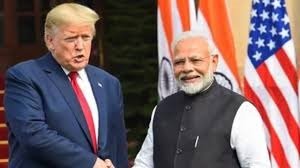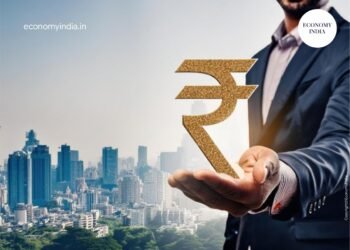There has been a huge change in public sentiment since the August monetary policy meeting of the Reserve Bank of India (RBI). People are less pessimistic about the state of the economy on all fronts and are optimistic about spending. When it comes to future expectations, consumers are optimistic about the economy, employment, income and spending. However, they are still wary of prices a year from now.
“Consumers reflected lower pessimism on the prevailing general economic situation, employment scenario as well as household income and expenditure…,” according to the central bank’s September 2021 round of the survey. The results of the survey in terms of future expectations is one of the most optimistic in at least with Covid-19 pandemic casting a shadow on consumer confidence. The current situation index is the highest since May 2020 and the future index is highest since November 2020, the survey data showed.
RBI Expects Growth
Since the lifting of restrictions across the country after the bruising impact of the second wave of the pandemic, several indicators have shown a robust recovery and indications are that the economy is expected to grow at near double digits in 2021-22. The RBI expects growth to be around 9.5% in the current fiscal year and also expects inflation to moderate with the arrival of bumper crops. It has, however, downplayed the impact of hardening crude prices and domestic prices and their impact on prices.
Overall, the consumer confidence index improved to 57.7 in September from 48.6 in July. Consumer confidence for the one-year ahead period also improved. The future expectations index moved to 107 in September from 104 in July. An index value above 100 is a sign of optimism.
According to the survey, consumers showed lower pessimism about the prevailing general economic situation, employment scenario as well as household income & expenditure. The current situation index (CSI) for September improved when compared with the earlier survey rounds conducted after May 2020. After the survey, there has been further easing of restrictions with places of worship being opened in Maharashtra. There have also been several rounds of increases in fuel prices following a rise in global oil prices.
Future Expectations Index
The future expectations are reflected in the consumer confidence for one year ahead. The future expectations index (FEI) improved further in September from July 2021, aided by higher optimism on the general economic situation and employment scenario. Households reported a rise in overall expenditure, largely due to higher expenditure on essential items. The pessimism on current and future discretionary spending, however, reduced in the latest survey round.
In the August 2021 survey, sentiment had improved in respect of the economy and jobs. Respondents were more pessimistic about prices and income while their spending plans had remained unchanged.
Monetary Policy
Along with the monetary policy statement, the RBI also released the monetary policy report published by a department of the central bank. The report said that domestic economic activity is normalising after the ferocious second wave retarded momentum.
“The outlook remains overcast by the future path of the pandemic, the accelerated pace of vaccination and release of pent-up demand provide an upside to the baseline growth path. Headline inflation has fallen back into the tolerance band and the trajectory is expected to be driven by supply-side factors,” the report said.
Services Sector Companies
Manufacturing firms polled in the July-September 2021 round of the RBI’s industrial outlook survey expect the cost of raw materials and selling prices to rise further in Q3FY22. Services sector companies also see a rise in input costs and prices. “A faster resolution of supply chain disruptions, good foodgrain production and effective supply management could cause inflation to undershoot the baseline, contingent on the evolution of the pandemic and the efficacy of vaccines,” the report said.
Another indicator of the change in the current situation is that the RBI managed to conduct its Consumer Confidence Survey (CCS) for September 2021 through physical interviews in 13 major cities from 5,237 households whereas the earlier survey was done over the telephone. The surveys were conducted after several cities further eased Covid restrictions. In Mumbai, local trains and malls were opened to fully vaccinated members of the public.
(Economy India)

